Singaporean companies operating in Vietnam are increasingly aware of the far-reaching impact of US tariff policies. Rather than reacting passively, they are adjusting how, where and who they invest in Vietnam. Accordingly, mergers and acquisitions (M&A) play a strategic role in ensuring resilience.
For Singaporean companies with manufacturing, logistics and infrastructure operations in Vietnam, the biggest immediate concerns include: supply chain risks as tariffed goods and intermediate goods imported into Vietnam for processing may be subject to US scrutiny if re-exported; and the risk of tariff evasion investigations as the US Department of Commerce is increasing its scrutiny of transshipment of goods through Southeast Asia, including Vietnam.
Additionally, for strategic sectors such as steel, aluminum and clean energy, as tariffs become more policy-driven than geographical, Singaporean investors operating in Vietnam must consider industrial policy dynamics in their risk assessment.
US tariffs are prompting a deeper shift by Singaporean investors. What started as part of a “China plus one” strategy has now become a destination in a broader restructuring aimed at reducing geopolitical risks and enhancing long-term competitiveness.
Notable changes include increased investment in sectors that benefit from diversifying global supply chains, such as electronics assembly, consumer goods manufacturing, industrial equipment, logistics and renewable energy. Vietnam’s advantage lies not only in its ability to minimize tariff impacts, but also in its network of free trade agreements.
To move quickly and reduce risks when expanding their business, many businesses choose M&A instead of new investments. Acquiring or cooperating with domestic businesses helps to immediately access facilities, legal licenses and labor force. In fields with conditions or restrictions on foreign ownership, joint ventures are suitable, helping to access the market without violating the law.
Due diligence on M&A projects today requires an in-depth assessment of the target company’s supply chain, export history, and risk level related to tariffs or tax evasion. Transaction parties may request specific representations, warranties, and undertakings related to the origin of goods and customs inspections. Transaction documents may also include “tariff triggers,” which allow for pricing adjustments or allocation of responsibilities if new trade barriers arise after the transaction is completed.
Going forward, Singaporean investors remain strongly committed to the Vietnamese market, but with a more nuanced view of global volatility. Macroeconomic stability, manufacturing depth and favourable foreign investment policies continue to make Vietnam an attractive investment destination. However, investors are increasingly incorporating resilience and flexibility into their strategies.
We predict the following development trends:
First, the shift to high-tech and value-added manufacturing. Many companies are moving beyond basic assembly to precision components, semiconductors, and electric vehicle components. Vietnam’s efforts in vocational training and investment incentives will support this process.
Second, increased investment in logistics and digital infrastructure. Capital from Singapore is flowing into smart warehouses, e-commerce fulfillment centers, and cold chain logistics to optimize last-mile distribution.
Third, prioritize ESG-compliant industrial parks. Multinational enterprises are increasingly interested in low-carbon, traceable supply chains, with ESG-compliant industrial parks in Vietnam emerging as a top choice.
Fourth, flexible trading strategies. Investors continue to develop flexible trading planning and structuring strategies to anticipate and mitigate future policy risks.
For legal and strategic advisors, building cross-border investment operations in Vietnam is now not just about accessing a fast-growing market, but also about creating flexible ecosystems that can adapt to different jurisdictions and effectively withstand global trade shocks.
Source: https://baodautu.vn/chuyen-dich-dau-tu-cua-singapore-truoc-bien-dong-toan-cau-d353342.html








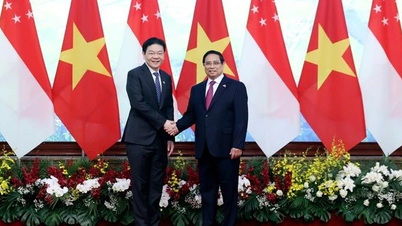


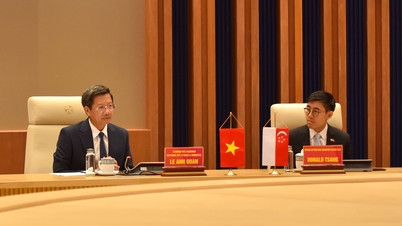







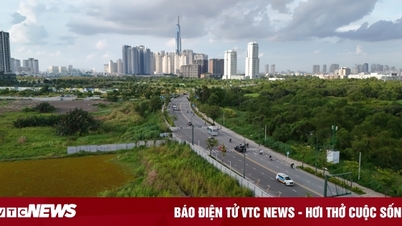

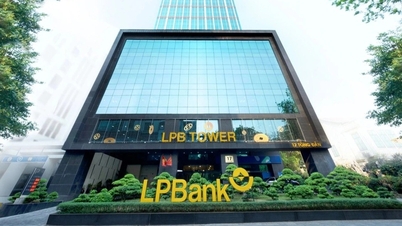

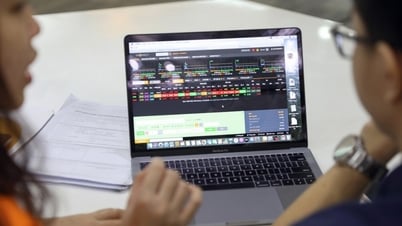
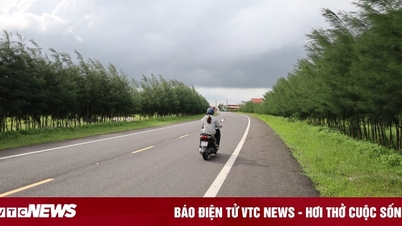


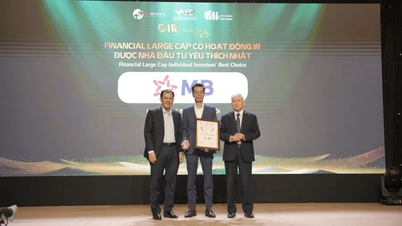





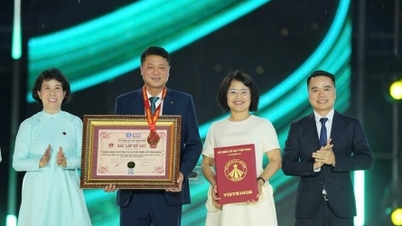
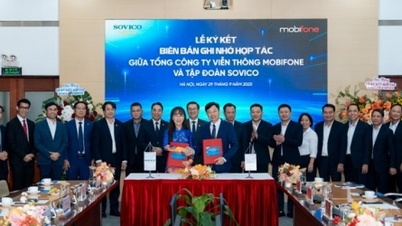
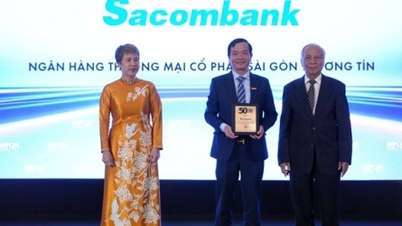













































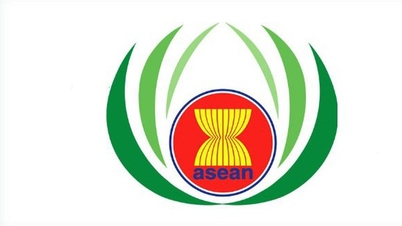
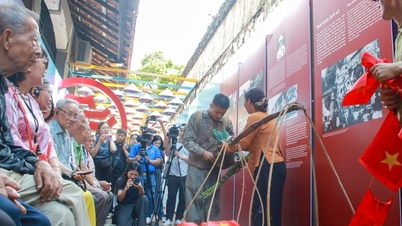




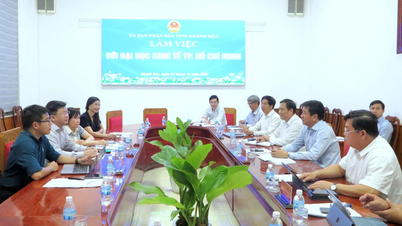

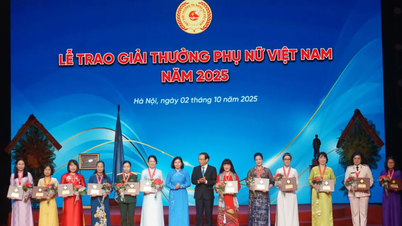

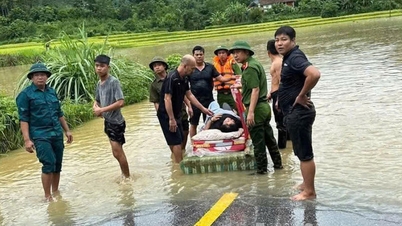












Comment (0)